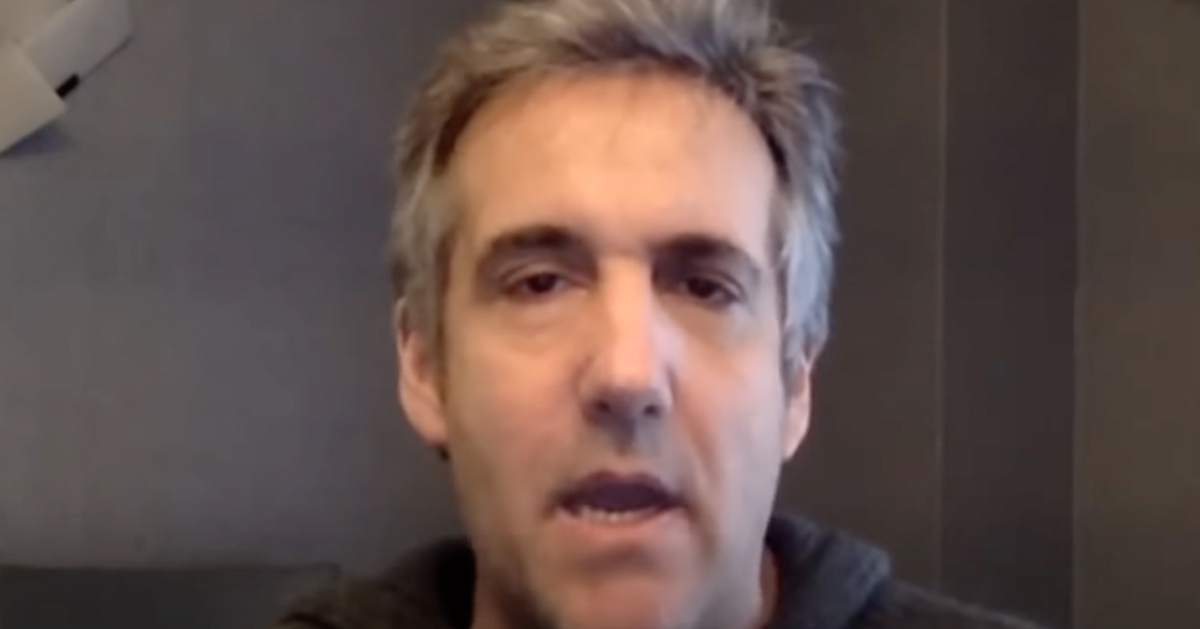NY Attorney General Letitia James Wants SCOTUS to Reject Missouri Involvement in Trump Case
New York Attorney General Letitia James has called on the U.S. Supreme Court to reject Missouri Attorney General Andrew Bailey's attempt to intervene in the case involving former President Donald Trump, who was convicted of 34 felony counts of falsifying business records.
James argues that Missouri's desired intervention in the Trump case violates precedent and is marked by a lack of necessary legal standing, as the Post Millennial reports.
Trump Convicted of Felony Charges
Former President Donald Trump was convicted of 34 felony counts related to the falsification of business records related to payments made to Stormy Daniels. In New York, this crime is typically considered a misdemeanor but was elevated to felony counts in this case.
Bailey filed a request to the Supreme Court in July, seeking to halt Trump's sentencing and to lift a gag order imposed on Trump.
The Missouri AG's intervention was viewed as an extraordinary move by many legal experts.
Trump’s sentencing hearing, initially scheduled earlier, has been postponed to Sept. 18. The gag order currently restricts Trump from discussing various aspects of the case, including references to the prosecutors, court staff, and their families.
James Responds with Detailed Petition
In response, Letitia James filed a comprehensive 48-page document on Wednesday, urging the Supreme Court to reject Bailey's request. James argued that Missouri's request undermines the integrity of the court system and could set a dangerous precedent for future unmeritorious litigation.
James contends that any relief should be sought in New York courts, not in the Supreme Court. She emphasized that the Supreme Court’s jurisdiction should not be used to review state court decisions in this context.
The New York AG further stated that Missouri's complaint has no legal basis and that the state lacks the standing required to bring such a complaint. She criticized Missouri's actions as an effort to advance the individual interests of former President Trump.
Potential Implications for Court Integrity
James's response highlighted the broader implications of Missouri's intervention. She stated, “Allowing Missouri to file this suit for such relief against New York would permit an extraordinary and dangerous end-run around former President Trump’s ongoing state court proceedings and the statutory limitations on this Court’s jurisdiction to review state court decisions.”
She also noted, “The potential sentence and speech restrictions may prove no obstacle to the interests of people who wish to hear from former President Trump.”
This underscores her belief that Missouri's actions do not serve the public interest.
James’s petition stressed that Missouri’s appeal “seriously undermines the integrity of the courts and risks setting a dangerous precedent that encourages a flood of similar, unmeritorious litigation.”
Upcoming Sentencing Hearing
As the Sept. 18 sentencing hearing approaches, the legal battle surrounding Trump’s conviction continues to draw national attention. The gag order remains a contentious issue, with Trump’s legal team and supporters arguing that it infringes on his First Amendment rights.
The Supreme Court’s decision on whether to entertain Missouri’s request will have significant implications for the case and potentially for how similar cases are handled in the future. Legal analysts are closely watching the developments.
James concluded her petition by asserting that Missouri’s request is essentially an effort to “further the individual interests of former President Trump,” rather than a legitimate legal concern. Her arguments reflect a broader concern about maintaining the integrity and proper jurisdictional boundaries of the court system.
Conclusion
The ongoing legal saga of former President Donald Trump has taken a new turn with New York Attorney General Letitia James’s petition to the Supreme Court.
James seeks to block Missouri Attorney General Andrew Bailey’s attempt to intervene, arguing that it undermines legal protocol and lacks standing.
With the former president's sentencing hearing set for Sept. 18, the Supreme Court’s response to James’s petition will be crucial in determining the course of this high-profile case.






